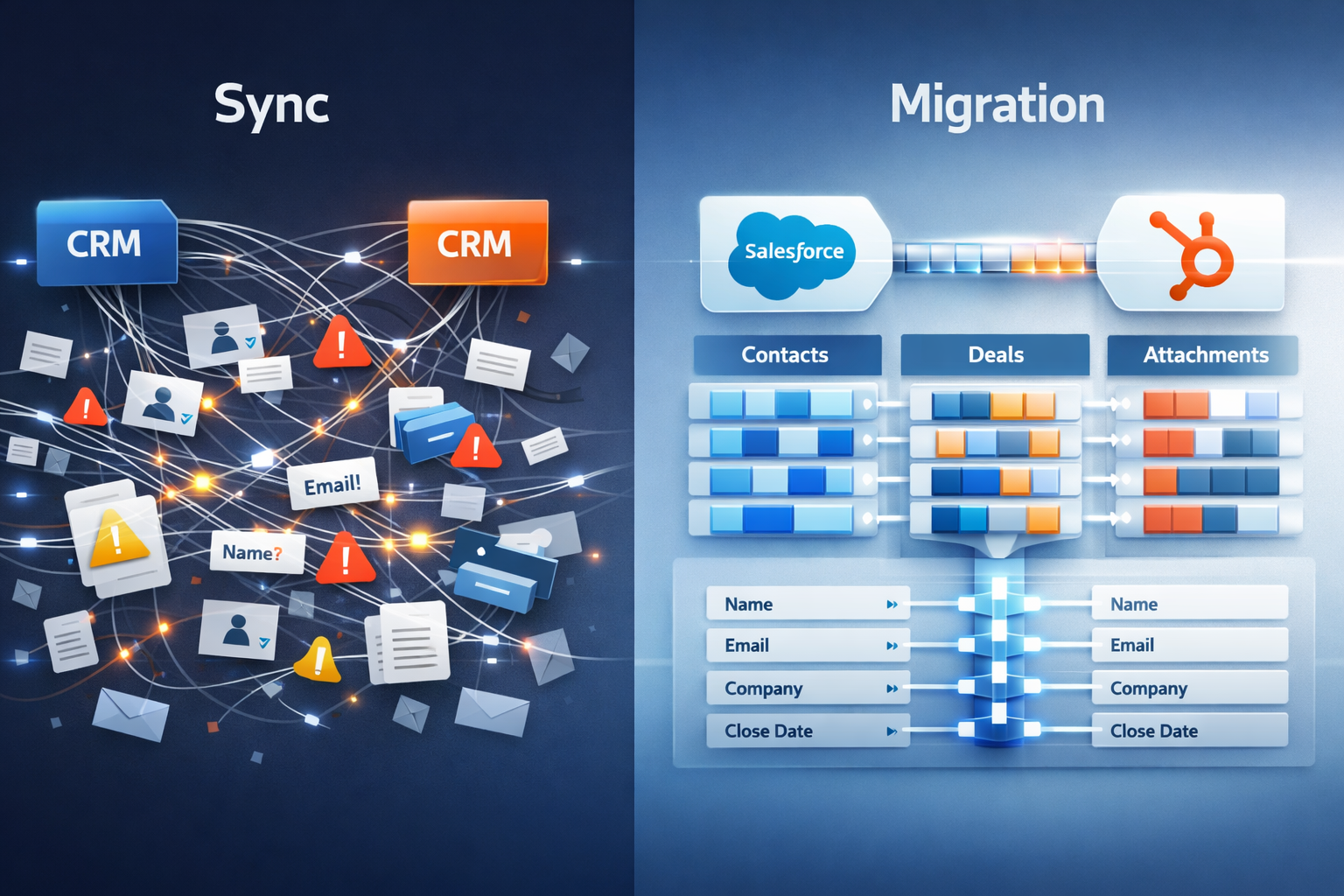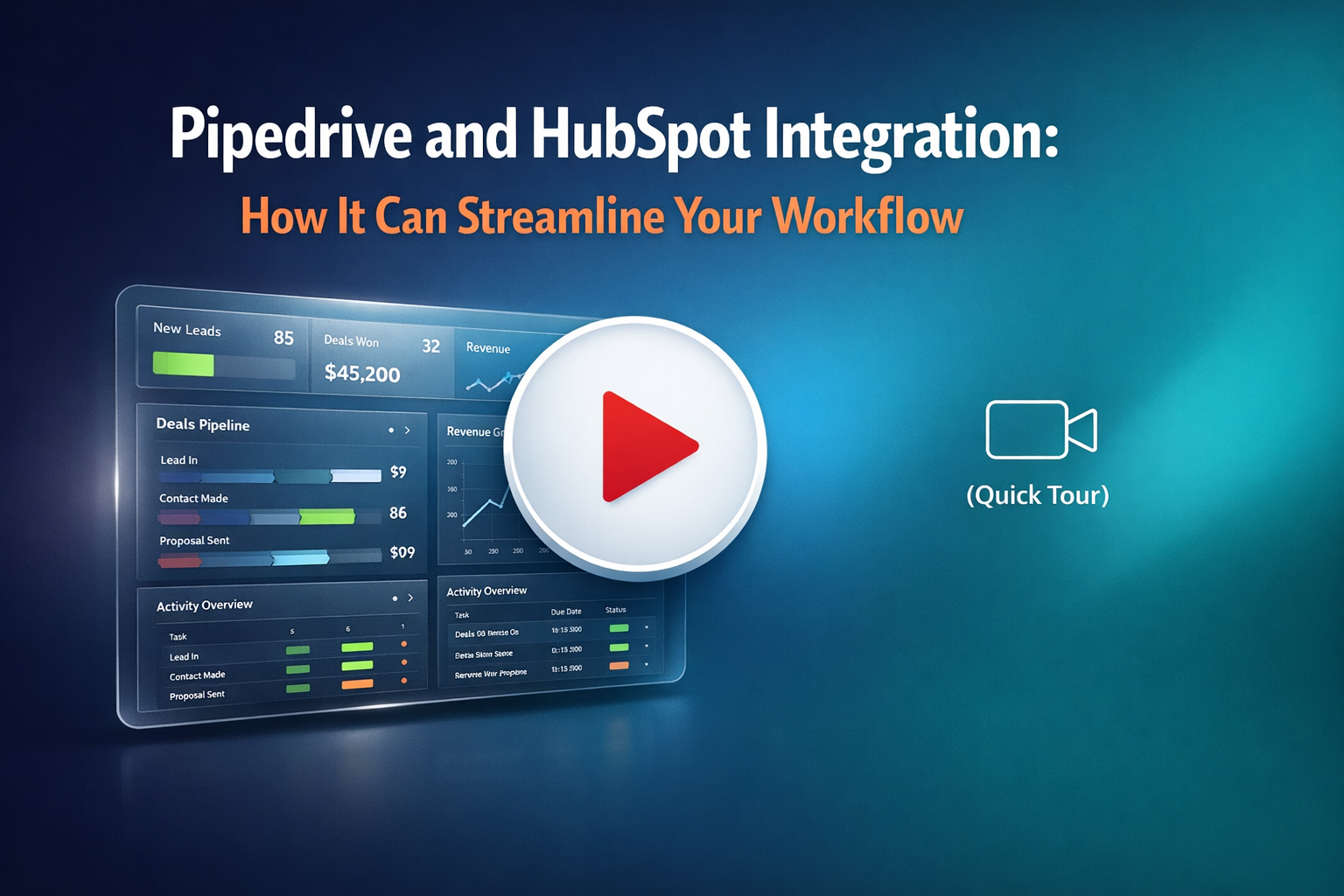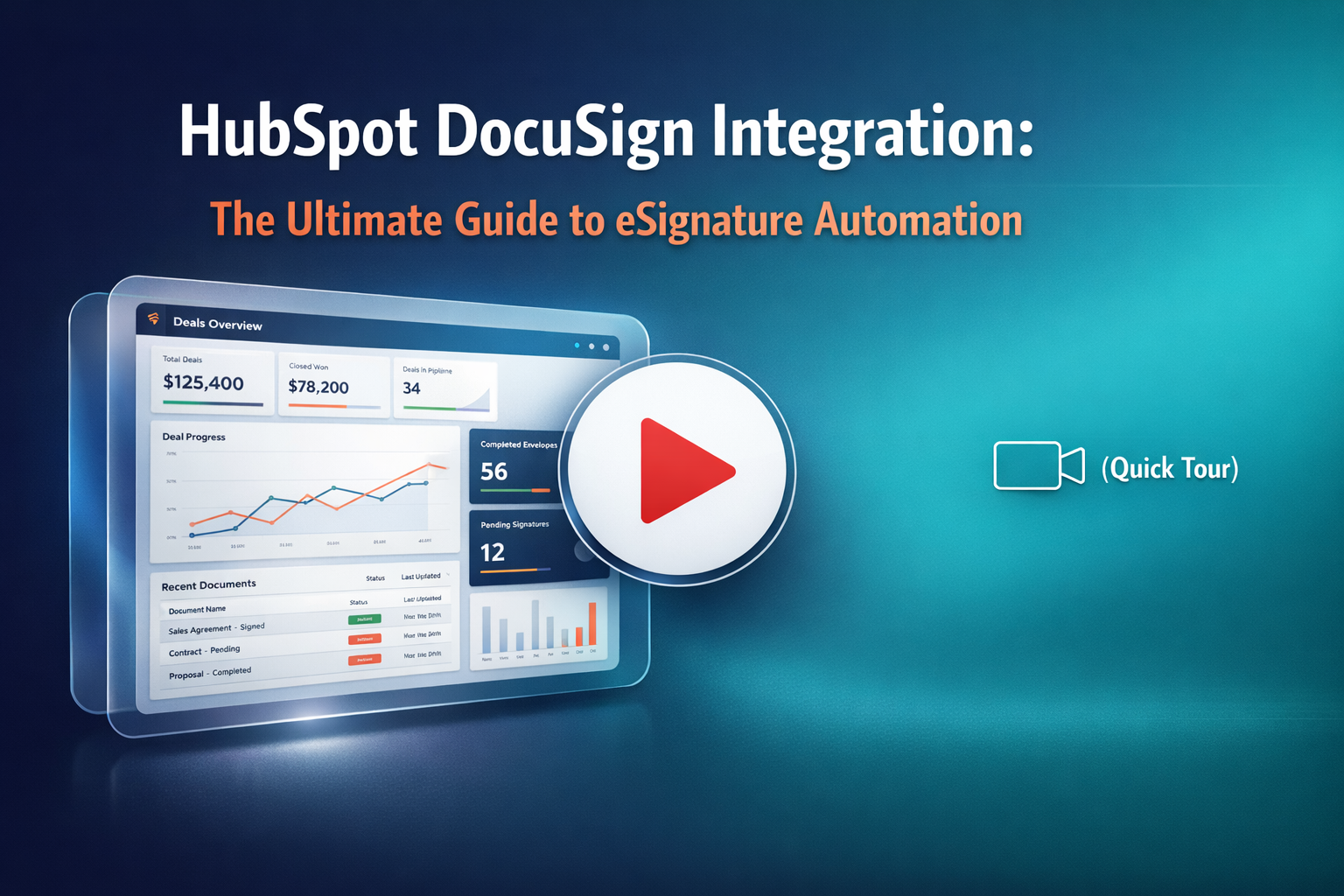Introduction
As businesses grow and evolve, so do their CRM needs. For many companies, the transition from on-premises CRM systems to cloud-based solutions has become increasingly appealing. Cloud-based CRMs offer numerous advantages, including increased flexibility, scalability, cost-effectiveness, and accessibility. However, like any major technological change, there are also challenges to consider during the migration process. In this article, we will explore the benefits and challenges of migrating on-premises CRM systems to the cloud, providing valuable insights for businesses looking to make the switch.
Benefits of Migrating to the Cloud:
Enhanced Flexibility and Scalability:
Cloud-based CRM systems provide businesses with the flexibility to scale their operations as they grow. With cloud solutions, you can easily add or remove users, storage capacity, and features, ensuring that your CRM adapts to your evolving needs.
Accessibility Anytime, Anywhere:
The cloud empowers your team to access critical CRM data and insights from anywhere, as long as they have an internet connection. This accessibility enhances collaboration and enables sales, marketing, and customer service teams to work seamlessly, even when they are not physically present in the office.
Cost-Effectiveness:
On-premises CRM systems often require significant upfront investments in hardware, maintenance, and IT support. Migrating to the cloud eliminates these expenses, as cloud-based CRMs are subscription-based and require minimal infrastructure costs.
Streamlined Updates and Maintenance:
Cloud-based CRM providers take care of regular updates and maintenance tasks, saving your IT team from the burden of managing software upgrades. This ensures that your CRM always runs on the latest version with improved security and performance.
Robust Data Security:
Cloud providers implement advanced security measures to protect your CRM data from potential threats and breaches. Encrypted data, multi-factor authentication, and frequent backups offer peace of mind regarding data security.
Challenges of Migrating to the Cloud:
Data Migration Complexity:
Migrating data from an on-premises CRM to the cloud can be complex, especially if your data is scattered across multiple systems or stored in legacy formats. A comprehensive data migration strategy and a reliable migration tool are essential to ensure a smooth transition.

Integration with Existing Systems:
Integrating your cloud CRM with other existing business systems can be challenging. Ensuring seamless data flow and compatibility between various applications require careful planning and execution.
User Adoption and Training:
Introducing a new CRM system may encounter resistance from some employees who are used to the old on-premises system. Proper user training and change management are crucial to encourage user adoption and maximize the benefits of cloud CRM.
Internet Connectivity Dependency:
Cloud-based CRMs heavily rely on internet connectivity. A reliable internet connection is necessary for real-time data access and updates. Temporary internet outages may temporarily impact CRM functionality.
Customization Limitations:
Some cloud-based CRMs may have limitations when it comes to customization. Businesses with unique workflows and specific requirements might need to adapt their processes to fit within the CRM's predefined capabilities.
Conclusion
Migrating from on-premises CRM systems to the cloud offers numerous benefits, including enhanced flexibility, accessibility, and cost savings. However, it also presents challenges that businesses must address proactively to ensure a successful migration process. With careful planning, proper training, and the right migration tools, businesses can unlock the full potential of cloud-based CRMs and accelerate their growth.
If you are considering migrating your on-premises CRM to the cloud, Trujay's data migration service can help you seamlessly transition to your new cloud-based CRM. Contact us now for a free consultation and discover how Trujay can make your CRM migration journey smooth and efficient.
-2.png)
.png?width=559&height=559&name=White%20And%20Blue%20Simple%20Now%20Hiring%20Instagram%20Post%20(1).png)






